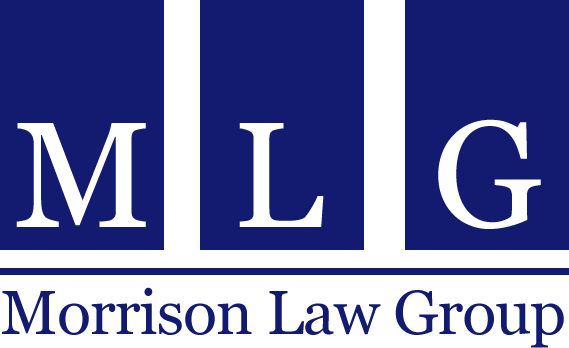A discharge releases a bankruptcy filer, i.e., debtor, from personal liability for certain specified types of debts. A debtor is no longer legally required to pay any debts that are discharged in a bankruptcy case. Once those who file bankruptcy receive their discharge, they are in possession of a valuable legal mechanism – a permanent order that prohibits their creditors from taking any form of collection action on discharged debts, including legal action, as well as personal, telephonic, and electronic communications with the debtor.
Both Chapter 7 and Chapter 13 bankruptcy cases discharge most types of debt with some exceptions. The most common types of debts there are not dischargeable in a bankruptcy case include taxes, child support, spousal support, and student loans. However, credit cards, medical bills, and personal loans are dischargeable in bankruptcy.
Student loan debts are dischargeable only if the debtor can argue that repaying them is an undue hardship on them and/or their dependents. Until recently, meeting the requirements for establishing an “undue hardship” was extraordinarily difficult for bankruptcy debtors, but trends in federal courts indicate that this may be changing for the benefit of future bankruptcy debtors with student loans.
The following is a list of those debts that are dischargeable in Chapter 7 and 13 bankruptcy cases. Note that some debts are only dischargeable in Chapter 13 cases. Also, some debts are only dischargeable if certain requirements are met. An experienced bankruptcy attorney may help in determining whether any potential bankruptcy filer has met such requirements.
- Credit cards.
Credit cards are unsecured debts that arise from opening an account and establishing a contractual relationship with a bank or other financial institution – credit card company. These are commonly discharged in Chapter 7 and Chapter 13 bankruptcy cases without incident unless the debtor has engaged in fraud, i.e., incurring charges for luxury items just before filing bankruptcy.
- Medical bills.
Having a substantial amount of medical expenses is one of the most driving reasons for filing bankruptcy cases. The underlying catalyst for such expenses is typically an unforeseen and unexpected accident or incident for which most people are unprepared. These circumstances typically carry not only a financial toll, but one that is physically and emotionally stressful.
- Personal loans.
Discharging personal loans, albeit, a potentially difficult experience for most bankruptcy debtors since the debt may be owed to a friend or family member is not an option in bankruptcy cases since debtors may not pick-and-choose whose debts they discharge.
- Court judgments.
Creditors who obtain a judgment against a debtor for a debt that is dischargeable in a Chapter 7 bankruptcy will be unable to collect their debt. Any judgment debtor filing for bankruptcy will have the debt discharged as they would prior to the judgment. However, a creditor may convert a judgment into a judgment lien which creates a secured interest against property. This may be a lien that must be paid in a bankruptcy case.
- Contractual obligations.
While obligations related to leases and contracts are generally dischargeable, a Chapter 7 bankruptcy trustee may assume the lease or contract if it considers the interest to be valuable.
- Certain taxes
Only certain types of taxes are dischargeable in bankruptcy and this only occurs if the debtor meets certain requirements. Debtors cannot discharge federal tax liens although they may be able to pay them off over time in a Chapter 13 bankruptcy case.
- Any debt that does not fall in the nondischargeable category
This is a catch-all. Any debt that is specifically nondischargeable under Title 11 and federal law is, in effect, dischargeable in a bankruptcy case.
The Morrison Law Group can help if you’re delinquent paying your mortgage and facing foreclosure or you owe back taxes. We can help if you are receiving harassing phone calls or collection letters. The Morrison Law Group can help if you just need to talk about your Chapter 7 or Chapter 13 bankruptcy options. Call 801.456.9933 today to schedule a FREE consultation. We have locations in Ogden, Logan, Sandy, and St. George to serve the residents of the counties of Weber, Cache, Salt Lake, Utah, Morgan, Davis, Washington, and surrounding areas.


